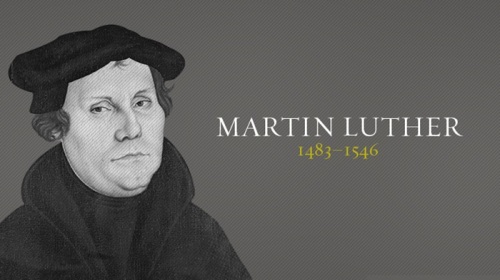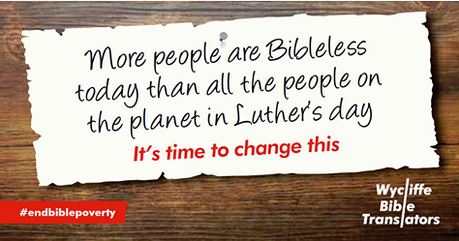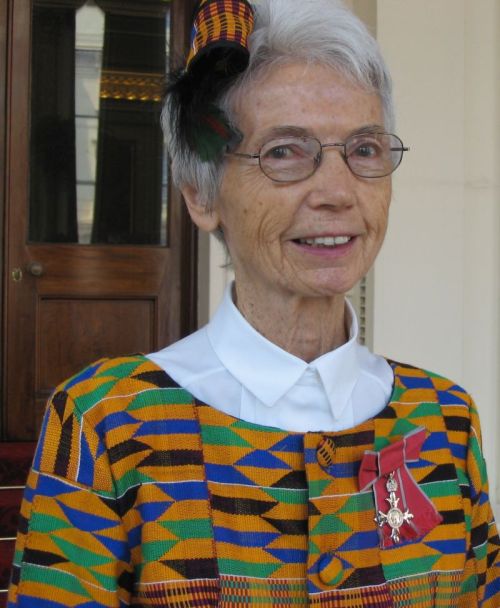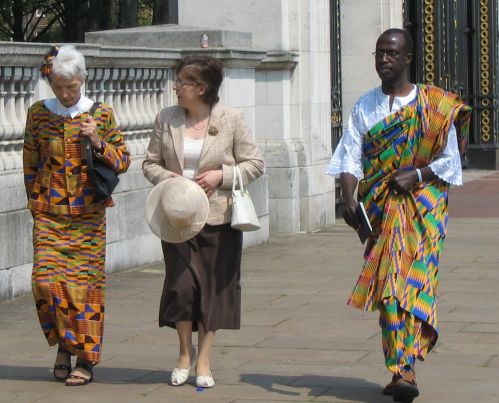Today marks the 500th anniversary of what is said to be the start of The Reformation – the day that Martin Luther nailed his 95 Theses to the church door in Wittenburg.

So much has been written about this in recent days and weeks.
From just one source Christianity Today I found these headlines:
Martin Luther: Passionate reformer
Changing the Tempo of Worship: For a thousand years of Christian worship, lay people had rarely sung. Then came Luther.
Unstoppable: Even as a sick man, Martin Luther accomplished more than most healthy people.
The Bible Translation That Rocked the World: Luther’s Bible introduced mass media, unified a nation, and set the standard for future translations.
This third one goes on to say:
Martin Luther was many things: preacher, teacher, orator, translator, theologian, composer, and family man. He came to symbolize everything the Protestant Reformation stood for.
But perhaps Luther’s greatest achievement was the German Bible. No other work has had as strong an impact on a nation’s development and heritage as has this Book.
In Luther’s time, the German language consisted of several regional dialects (all similar to the tongue spoken in the courts of the Hapsburg and Luxemburg emperors). How were these scattered dialects united into one modern language? The rise of the middle class, the growth of trade, and the invention of the printing press all played a part. But the key factor was Luther’s Bible.
But my final headline is even more dramatic, more far reaching than the impact on Germany:
The Most Dangerous Thing Luther Did: And other facts about Bible translation that transformed the world.

Martin Luther’s translation of the Bible into German
It’s worth reading this whole article but here are a few extracts…
At the very beginning of the Reformation, the principal Bible available was the Latin Vulgate, the Bible Jerome had originally produced in Latin in A.D. 380… The Bible was not a book the general public was familiar with. It was not a book most individuals or families could own. There were pulpit Bibles usually chained to the pulpit; there were manuscripts of Bibles in monasteries; there were Bibles owned by kings and the socially elite. But the Bible was not a book possessed by many.
Furthermore, it was rare to find a Bible in the language of the people.
Then the story is widened to translations of the Bible in other languages, like English – and pays a fitting tribute to my early Bible translation hero William Tyndale…
Perhaps the most poignant tale of this era is that of William Tyndale. Tyndale lived from 1494–1536 and was martyred for translating the Bible into English. Tyndale, like Luther, translated directly from the Hebrew and the Greek… He actually only finished the New Testament, completing about half of his Old Testament translation before his death. His was the first mass-produced Bible in English.
Tyndale originally sought permission from Bishop Tunstall of London to produce this work but was told that it was forbidden, indeed heretical, and so Tyndale went to the Continent to get the job done. A partial edition was printed in 1525 (just three years after Luther) in Cologne, but spies betrayed Tyndale to the authorities and, ironically, he fled to Worms, the very city where Luther was brought before a diet and tried.
And martyred!
The Bible translation work of people like Luther and Tyndale were crucial in enabling people in many countries to read the Bible in their own languages, not to mention the spread of education and literacy.
And yet today, Wycliffe Bible Translators UK and Ireland are using messages like this to point out the continuing need for Bible translation – click on the image to find out more about #endbiblepoverty today

Read Full Post »






















